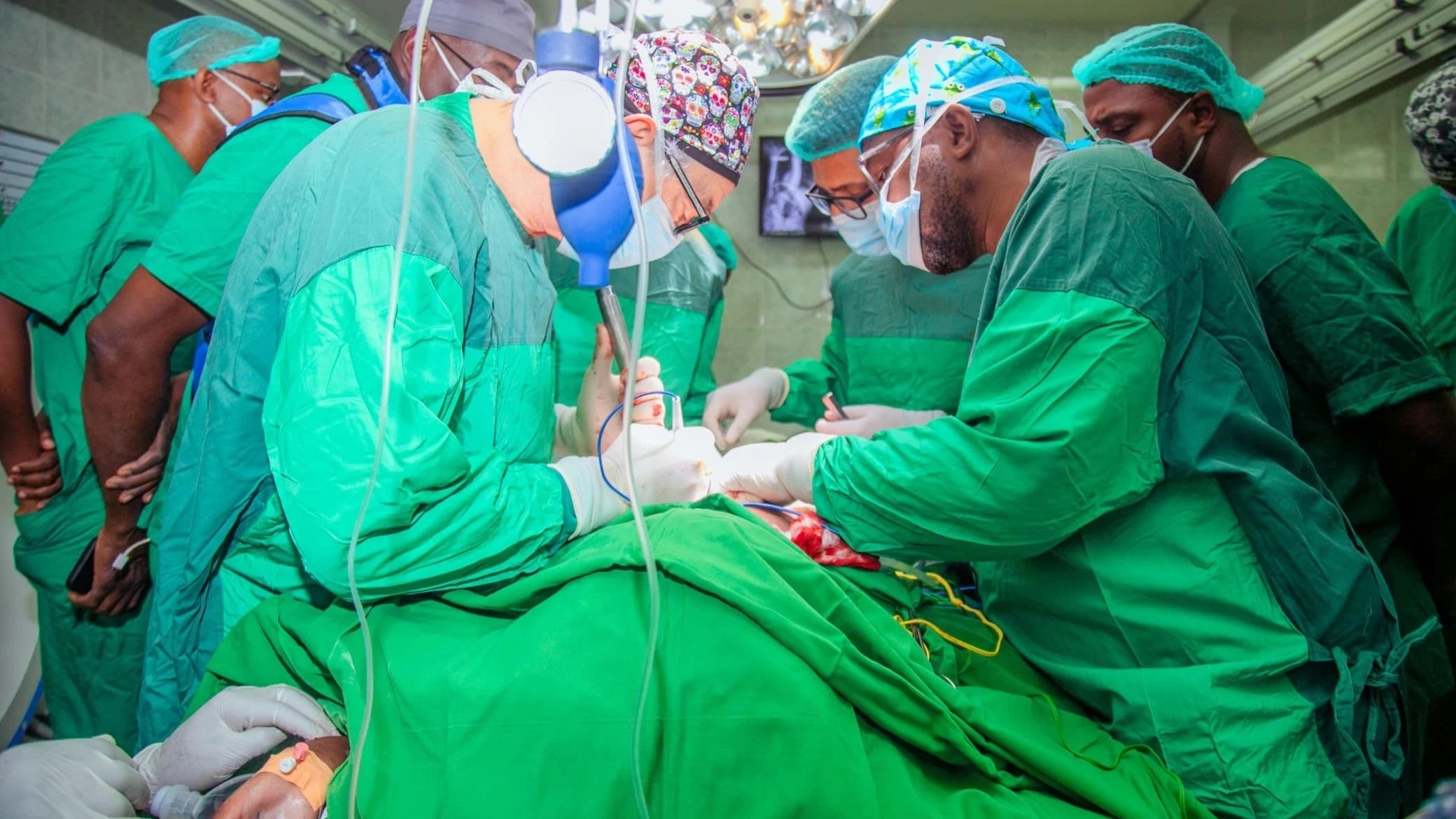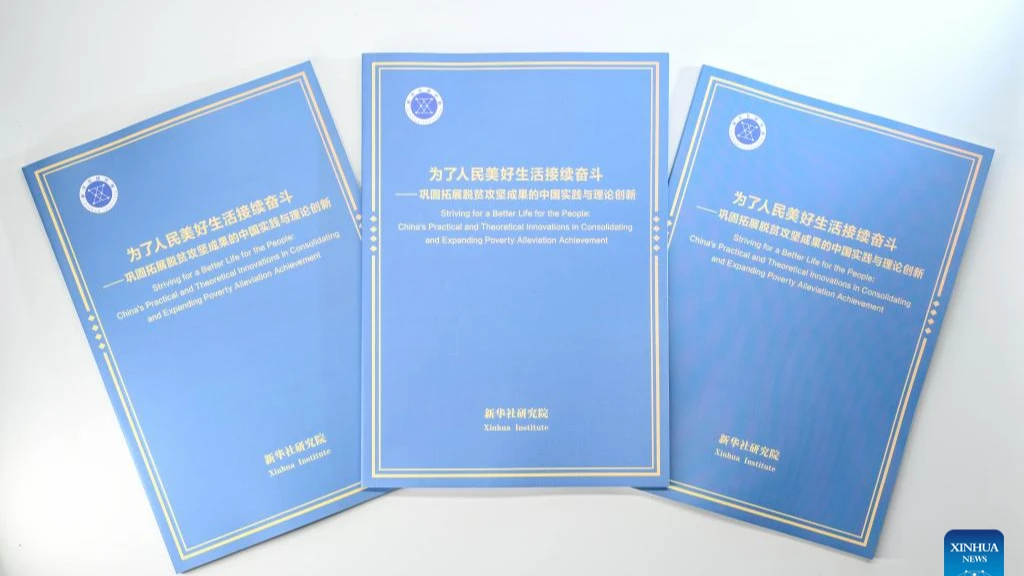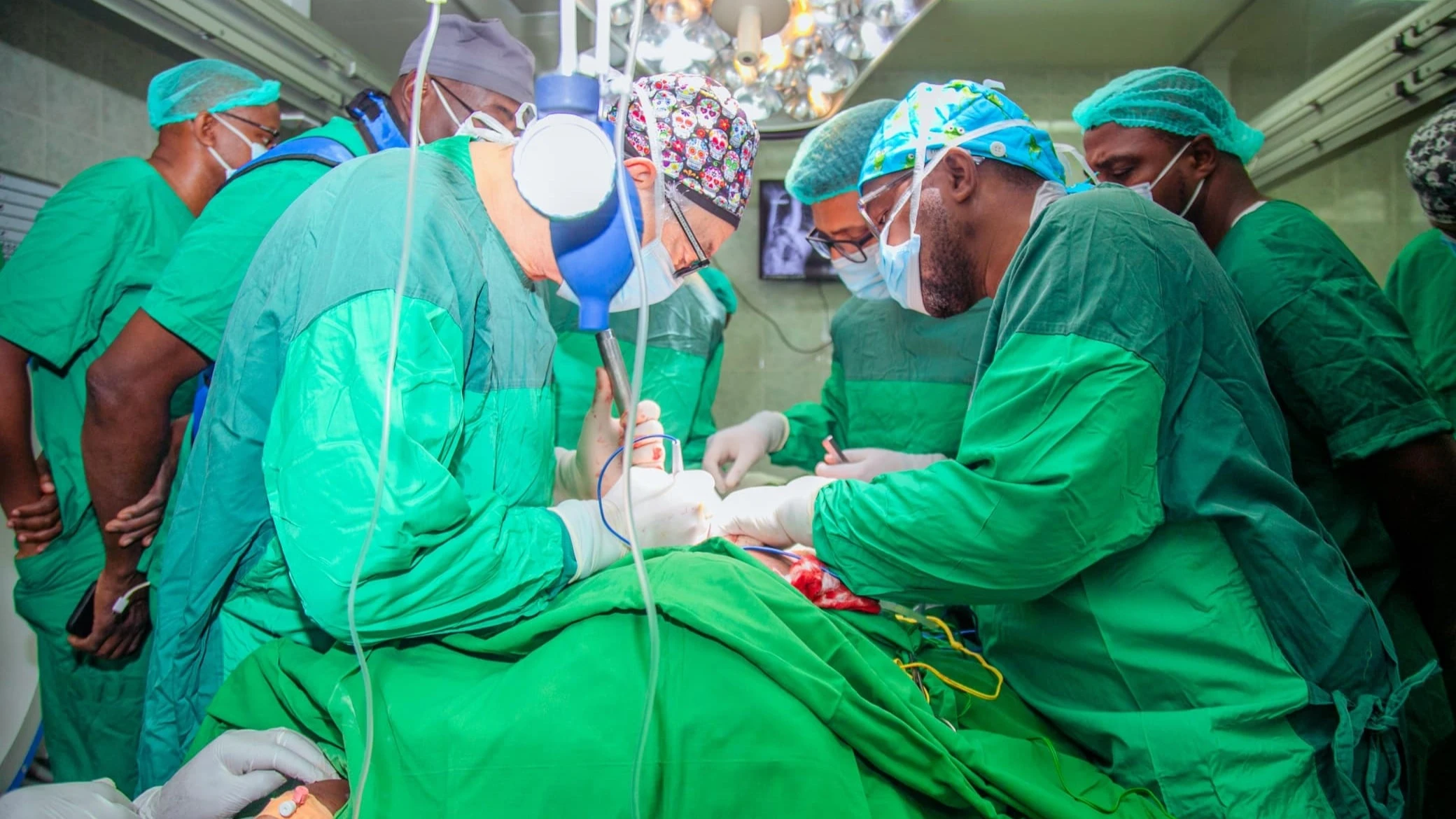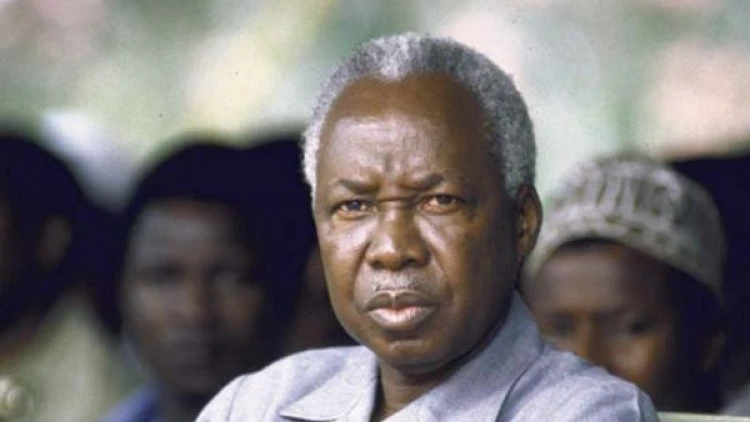Abbot Group pact to issue medical tools, cut imports

THE government has signed a strategic agreement with U.S.-based healthcare organisation- Abbott to establish a new medical equipment manufacturing plant in Tanzania, a move expected to enhance access to diagnostic tools and reduce reliance on imports.
The deal, signed at the weekend in Dodoma, was witnessed by the Minister for Health, Jenista Mhagama, who said the initiative reflects the government’s commitment to strengthening the health sector through local production.
“One of our top 10 national health priorities is to increase domestic manufacturing of medical products and reduce dependency on foreign imports,” said Minister Mhagama.
“With this investment, we have already brought down import dependency from 100 percent to 80 percent, and we aim to continue lowering it.”she added
The new facility, to be built in partnership with Abbott, will focus on producing essential laboratory diagnostic devices used to detect diseases such as HIV, syphilis, and hepatitis.
The minister noted that the plant will not only improve availability of these critical tools but also position Tanzania as a regional hub for medical innovation and excellence.
“This investment will help us strengthen early disease detection and prevention, while also creating jobs and building local expertise in medical technology,” she added.
Minister Mhagama emphasized that the sixth-phase government under President Samia Suluhu Hassan has significantly increased investment in the health sector, particularly in smart technologies and data systems aimed at delivering more efficient, citizen-focused healthcare services.
Speaking on behalf of Abbott, Steven Henn, Vice President for Commercial Operations in Infectious Diseases, said the partnership with Tanzania, which began in October 2024, reflects a strong, shared commitment to public health advancement.
“This agreement represents a major step forward in our collaboration with the Tanzanian government, and we’re proud to be part of a partnership that is focused on long-term impact in healthcare delivery,” said Henn.
Chief Government Pharmacist Daudi Msasi said the deal will help reduce the government’s annual expenditure on imported medical devices, which has exceeded 51 bn/- in recent years.
“We have been importing testing kits for HIV, hepatitis, and syphilis, which are used together to control infection rates. Local production will significantly cut these costs and ensure timely access to diagnostics,” he said.
The agreement is part of broader efforts by the government to promote health sector sustainability through strategic public-private partnerships and to build resilience in the country’s health supply chain.
Top Headlines
© 2025 IPPMEDIA.COM. ALL RIGHTS RESERVED






















